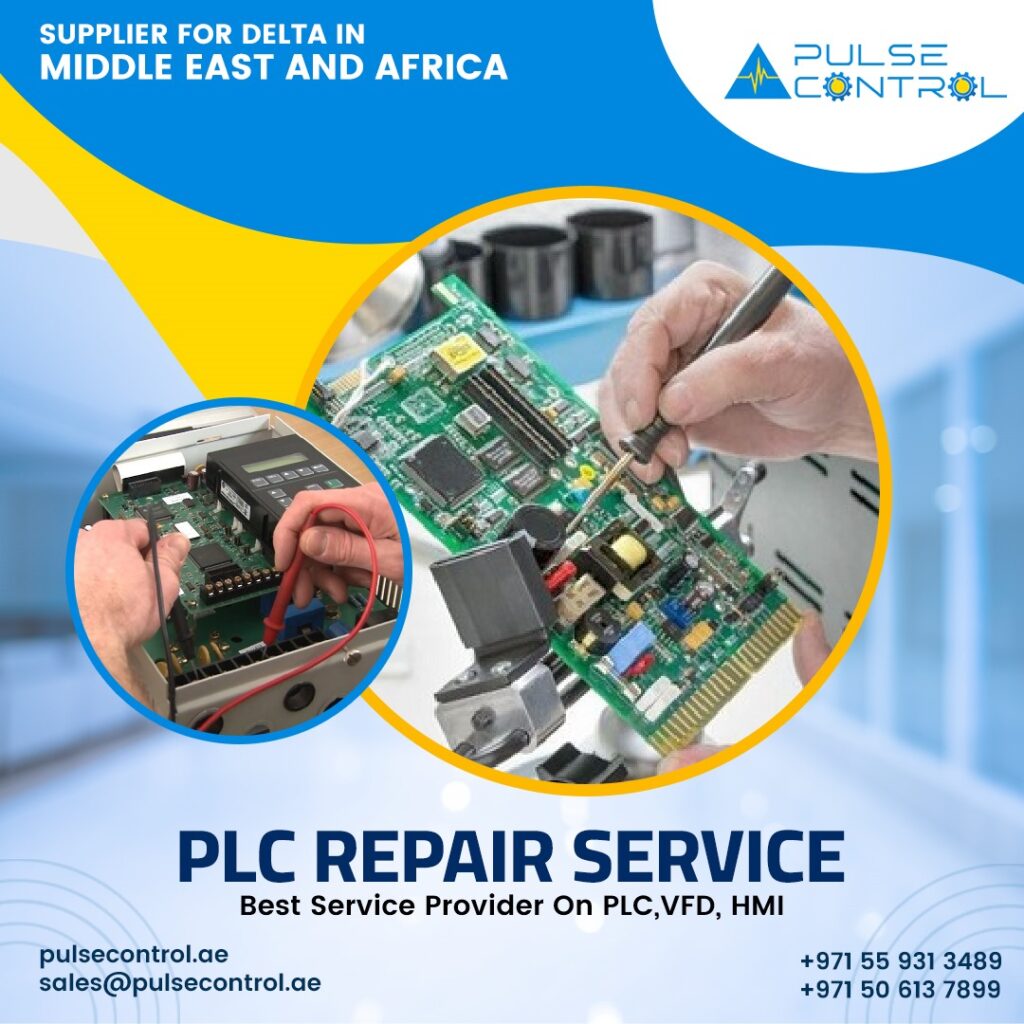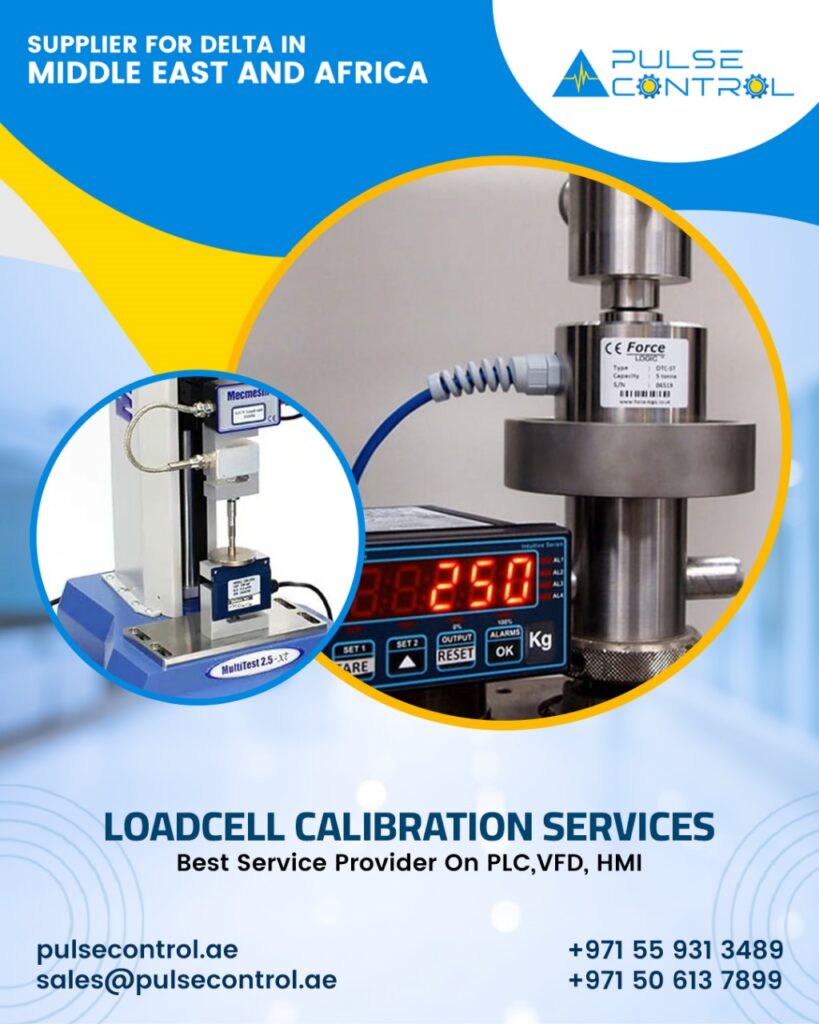
Pulse Control: Leading Sensor Supplier UAE
Pulse Control Industrial Equipment LLC is a trusted provider of sensor solutions in the UAE, catering to diverse industries with advanced sensing technology. As a key supplier, the company offers a wide range of sensors, including proximity sensors, temperature sensors, pressure sensors, and motion sensors, designed to meet the unique demands of industrial operations. Their solutions support industries such as manufacturing, oil and gas, automation, and energy, ensuring precision and reliability. Pulse Control Industrial Equipment LLC partners with global brands to deliver high-quality products that comply with international standards, ensuring durability and efficiency in critical applications.
The company also emphasizes customer-centric services by offering tailored solutions, expert consultations, and after-sales support. Their sensors are essential in pulse control systems, such as conveyor belts, motor speed regulation, and flow measurement, which require accurate monitoring and control of pulse signals. By supplying cutting-edge technologies and maintaining a strong focus on customer satisfaction, Pulse Control Industrial Equipment LLC plays a pivotal role in supporting the UAE’s growing industrial and technological advancements.

Pulse Control Sensors are critical components in industrial and automation systems, designed to detect, measure, and transmit pulse signals for precise control and monitoring. These sensors are tailored to meet the demands of various applications, ensuring accuracy, reliability, and seamless integration into complex systems. Their unique features make them indispensable across industries such as manufacturing, robotics, oil and gas, and transportation.
Key Specialties of Pulse Control Sensors:
High Accuracy and Precision: Pulse control sensors, such as rotary encoders and proximity sensors, are engineered for exceptional precision. They provide accurate feedback on position, rotation, or flow, enabling fine-tuned control of machinery and processes. This accuracy is vital in applications like CNC machining or conveyor belt synchronization.
Real-Time Monitoring: These sensors excel at capturing and relaying pulse data in real time, which is critical for dynamic control systems. For example, flow sensors monitor liquid or gas flow rates instantly, ensuring smooth operation in pipelines or production lines.
Versatility Across Applications: Pulse control sensors come in various types, such as optical, magnetic, and capacitive, making them adaptable to a wide range of uses. They are employed in speed regulation, counting systems, and automated positioning in diverse industries.
Durability and Ruggedness: Built for harsh industrial environments, these sensors are resistant to extreme conditions, including high temperatures, pressure, vibrations, and contaminants. This ensures consistent performance even in demanding settings like oil refineries or heavy manufacturing plants.
Ease of Integration: Pulse control sensors are designed for seamless integration with existing systems. They often feature standardized outputs and interfaces, making them compatible with industrial control units, PLCs, and IoT networks.
By combining precision, reliability, and adaptability, pulse control sensors enhance the efficiency of automated systems, ensuring optimal performance and reduced downtime in industrial operations.

Sensors are more relevant than ever in today’s world due to their integral role in driving technological advancements, automation, and data-driven decision-making across industries. Their ability to detect, measure, and respond to physical phenomena makes them indispensable in various domains. Below are key areas highlighting the current relevance of sensors:
1. Industrial Automation and IoT
Smart Manufacturing: Sensors enable real-time monitoring of machinery, ensuring predictive maintenance and reducing downtime.
IoT Integration: They form the backbone of the Industrial Internet of Things (IIoT), connecting devices and systems for seamless automation and data sharing.
2. Smart Cities and Infrastructure
Traffic Management: Sensors are used in smart traffic systems to monitor congestion, manage signals, and enhance road safety.
Environmental Monitoring: Air quality, water quality, and waste management rely on sensor data for sustainability initiatives.
3. Healthcare and Wearables
Medical Devices: Sensors in healthcare equipment, such as glucose monitors, heart rate trackers, and imaging systems, improve patient care.
Fitness Wearables: Devices like smartwatches use sensors to track activity, sleep patterns, and vital signs, promoting health and wellness.
4. Energy and Environment
Renewable Energy: Sensors optimize solar and wind energy systems by tracking sunlight and wind speed for maximum efficiency.
Environmental Conservation: Sensors monitor pollution levels, weather changes, and natural resources, aiding in climate action.
5. Consumer Electronics and Smart Homes
Smart Devices: Sensors power features like face recognition, voice activation, and gesture control in smartphones and appliances.
Home Automation: Motion sensors, temperature sensors, and light sensors create energy-efficient and automated living environments.
6. Transportation and Mobility
Autonomous Vehicles: Advanced sensors like LiDAR, radar, and cameras are critical for navigation, obstacle detection, and safety in self-driving cars.
Logistics: Sensors ensure precise tracking of goods, temperature control for perishables, and fleet management.
7. Agriculture and Food Security
Precision Farming: Soil sensors, weather sensors, and crop monitoring systems enhance productivity and resource efficiency.
Supply Chain Monitoring: Sensors track conditions like temperature and humidity to maintain food quality during transport.
Sensors have become essential to modern life, enabling innovation and efficiency in nearly every field. As technologies like artificial intelligence, machine learning, and 5G continue to evolve, sensors will remain at the forefront of creating smarter, safer, and more connected systems. Their relevance is expected to grow exponentially as the demand for automation, data, and sustainability increases.

